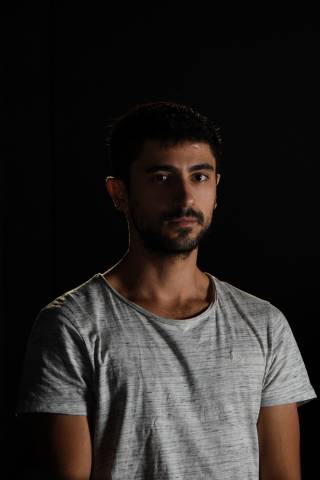
In his dissertation, Akpinar explores the challenges of achieving extended depth of field in imaging systems and introduces innovative computational imaging techniques to address these limitations. The study focuses on wavefront coding, a method that integrates refractive lenses with diffractive phase masks to create imaging systems that maintain sharpness across varying depths. Additionally, the research extends into near-eye displays, tackling the common issue of vergence-accommodation conflict and proposing novel solutions to enhance depth perception and visual comfort.
At the core of the research is an end-to-end optimisation approach that combines optical element co-design with advanced machine-learning techniques. By developing physically precise differentiable models for computational cameras and displays, the study achieves joint optimisation of optical and neural processing elements, resulting in enhanced imaging performance.
The defence will take place in auditorium TB109 of the Tietotalo building, starting at 12 o’clock. The opponents will be Professor Ivo Ihrke from the University of Siegen, Germany, and Professor Henry Arguello from the Industrial University of Santander, Colombia. The Custos will be Professor Atanas Gotchev from Tampere University.
For more information, check the press release at: https://www.tuni.fi/en/news/ugur-akpinar-end-end-optimisation-improves-performance-computational-extended-depth-field
The thesis is available online at Trepo: https://urn.fi/URN:ISBN:978-952-03-3051-4

